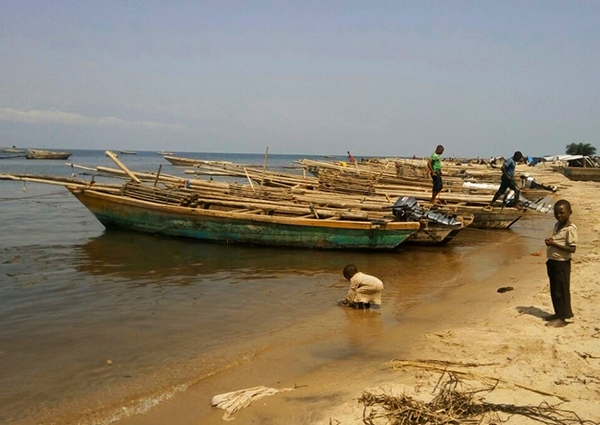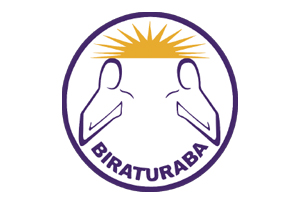D.r.OF CONGO, BURUNDI, TANZANIA & ZAMBIA, AFRICA
Lake Tanganyika
Lake Tanganyika is one of the African Great Lakes. It is the second largest freshwater lake in the world. The lake is shared by Burundi, the Democratic Republic of Congo (DRC), Tanzania and Zambia, with the DRC holding 45% and Tanzania 41% of the lakeshore. The main inflow is the Ruzizi River, which originates in Lake Kivu and flows into the northern part of Lake Tanganyika. The main outflow is the Lukuga River, which joins the Congo River system. Other tributaries are the Kalambo River and the Malagarasi River, the second largest river in Tanzania. Below a depth of 200 m, the water of Lake Tanganyika is nearly anaerobic and without higher living organisms. In the deepest part, the water is almost fossil, as it has not been exchanged since millennials.
What makes it special
With a volume of roughly 18.880 km³ and a depth of 1.470 m, Lake Tanganyika is the second largest freshwater lake in the world by volume and the second deepest lake after Lake Baikal in Siberia. It is also the world's longest freshwater lake with a maximum length of 673 km and a maximum width of 72 km. Lake Tanganyika covers an area of 32.893 km².
Protection status
· Ramsar Site 1671, Wetland of International Importance
· Game Management Area - Kaputa Game Management Area
· National Park - Nsumbu National Park

Biodiversity
It is home to 500 endemic species, out of a total of over 2.000 plant and animal species. The lake is famous among biologists for the huge number of endemic fish species. 325 fish species live in the lake, including about 200 cichlids, many of these only to find in Lake Tanganyika. 759 algae, 81 aquatic plants, 219 crustaceans and 171 birds show the lakes importance for biodiversity. The lake has 8 species of crabs, 15 species of shrimps and about 60 species of snails.

Local Communities
The lake has always been an important source of food for the local population. Around 45.000 people live from fishing, feeding around one million people.
Threats
Lake Tanganyika is under serious threat from overexploitation of its biological resources, exacerbated by the growing human population in the surrounding countries. Expansion of land use for housing and agriculture, coupled with inappropriate farming practices, is leading to land degradation, erosion and increased sedimentation into the lake. In addition, industrial and domestic pollutants, as well as overfishing driven by the growing demand for fishing as a livelihood, are contributing to a dramatic decline in fish populations, with the total fish stock in Burundi declining by 25% between 1995 and 2011.
The Living Lakes Network awarded Lake Tanganyika as Threatened Lake of the Year in 2017.
Biraturaba
www.biraturaba.bi
info@biraturaba.bi


